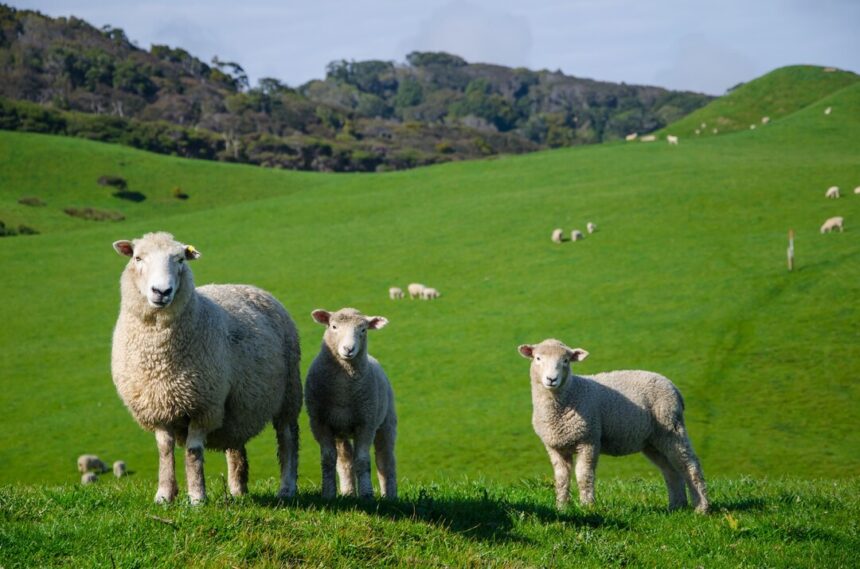Walrich-Merino sheep, a distinctive breed developed in South Africa, have gained recognition for their exceptional wool quality, robustness, and adaptability to various farming conditions. As a breed prized for both meat and wool production, understanding the nuances of breeding and farming Walrich-Merino sheep is crucial for farmers seeking to enhance their flocks’ productivity and profitability. Here are 10 essential insights into breeding and farming Walrich-Merino sheep in South Africa.
- Historical Background:
Walrich-Merino sheep are a composite breed developed in South Africa through selective breeding programs. They are a combination of Merino and Dormer genetics, resulting in sheep with superior wool qualities and meat production capabilities. - Wool Quality:
Walrich-Merino sheep are renowned for their high-quality wool, characterized by fine fiber diameter, softness, and uniformity. The wool produced by these sheep is prized for its excellent crimp, staple length, and resilience, making it highly sought after in the textile industry. - Meat Production:
While primarily bred for wool, Walrich-Merino sheep also exhibit good meat production qualities. They typically produce lean, flavorful meat with excellent conformation, making them suitable for both commercial and small-scale farming operations. - Adaptability:
Walrich-Merino sheep are well-adapted to a wide range of environmental conditions, including hot, arid climates and cold, temperate regions. Their robustness and resilience enable them to thrive in diverse farming systems and terrain types. - Grazing Requirements:
Walrich-Merino sheep are efficient grazers and thrive on natural veld vegetation. However, they can also adapt to supplementary feeding regimes if necessary, depending on the availability of pasture and nutritional requirements. - Breeding Objectives:
When breeding Walrich-Merino sheep, farmers prioritize traits such as wool quality, meat yield, growth rate, fertility, and disease resistance. Selective breeding programs aim to enhance these desirable characteristics and improve overall flock performance. - Reproductive Performance:
Walrich-Merino ewes are known for their high fertility rates and good mothering instincts. They typically have a high lambing percentage, resulting in increased lamb production per ewe and overall flock productivity. - Market Demand:
The wool produced by Walrich-Merino sheep is highly valued in the textile industry for its quality and versatility. Additionally, the lean, flavorful meat produced by these sheep is in demand by consumers seeking premium-quality lamb products. - Economic Viability:
Breeding and farming Walrich-Merino sheep can be economically viable for both commercial and small-scale farmers. Their dual-purpose capabilities, adaptability, and high-quality wool contribute to their profitability and sustainability in various farming systems. - Conservation Efforts:
The conservation of indigenous and composite sheep breeds, including Walrich-Merino sheep, is essential for preserving genetic diversity and promoting sustainable agriculture. Many breeders and organizations in South Africa are actively involved in conservation efforts to safeguard the breed’s future.
Breeding and farming Walrich-Merino sheep offer numerous benefits, from their exceptional wool quality and meat production capabilities to their adaptability and economic viability. By understanding these key insights into Walrich-Merino sheep farming, farmers can make informed decisions to optimize their operations and contribute to the growth and development of the livestock industry in South Africa.
Join 'Farmers Mag' WhatsApp Channel
Get the latest Farming news and tips delivered straight to your WhatsApp
CLICK HERE TO JOIN






